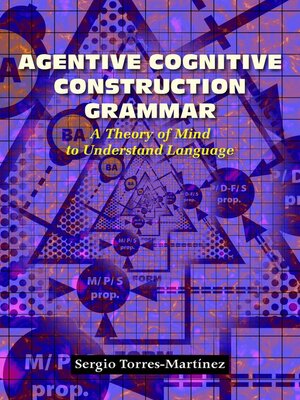Agentive Cognitive Construction Grammar a Theory of Mind to Understand Language
ebook ∣ Agentive Cognitive Construction Grammar, #2 · Agentive Cognitive Construction Grammar
By Sergio Torres-Martínez

Sign up to save your library
With an OverDrive account, you can save your favorite libraries for at-a-glance information about availability. Find out more about OverDrive accounts.
Find this title in Libby, the library reading app by OverDrive.



Search for a digital library with this title
Title found at these libraries:
| Library Name | Distance |
|---|---|
| Loading... |
What is language without a body? A software in a box. The idea, as unappealing as it is, has been dominant in mainstream linguistics and, regrettably, has also been essential for the characterization of language as a learnable symbolic system in many usage-based approaches (see also Torres-Martínez, 2021, for a discussion). In contrast to the idea that humans are a symbolic species (Deacon, 1997), my point is that we are a semiotic species and that language is an extension of our bodily grasp of the world. The thesis can be framed thus: We got language because we needed it to increase our survival skills by connecting with our peers. This is not merely communication. The definition of language as an embodied tool is phenomenological. It seeks to connect body and brain to the environment in an unending flux of energy exchange. Therefore, not only is the body embedded (Haugeland, 1995) in an environment, but also defined by the equilibrium between the forces that shape it from the outside and keep its equilibrium from within. In this sense, there can be no meaningful action upon the world without a sense of bodily ownership and distinctness. In normal conditions we are aware of the state of the world through an awareness of the state of our inner body (interoception).







